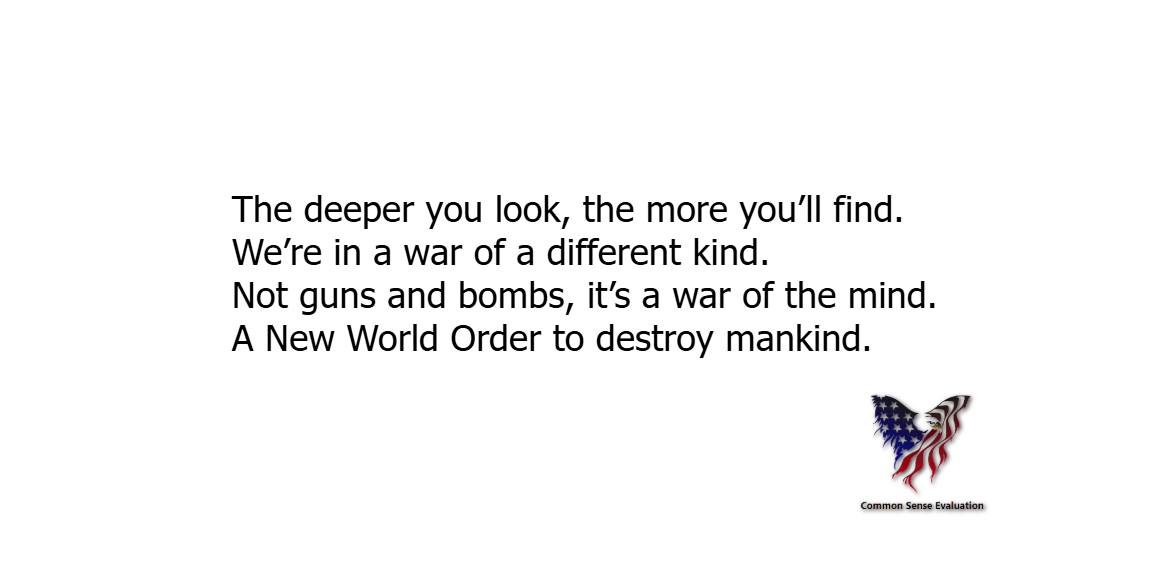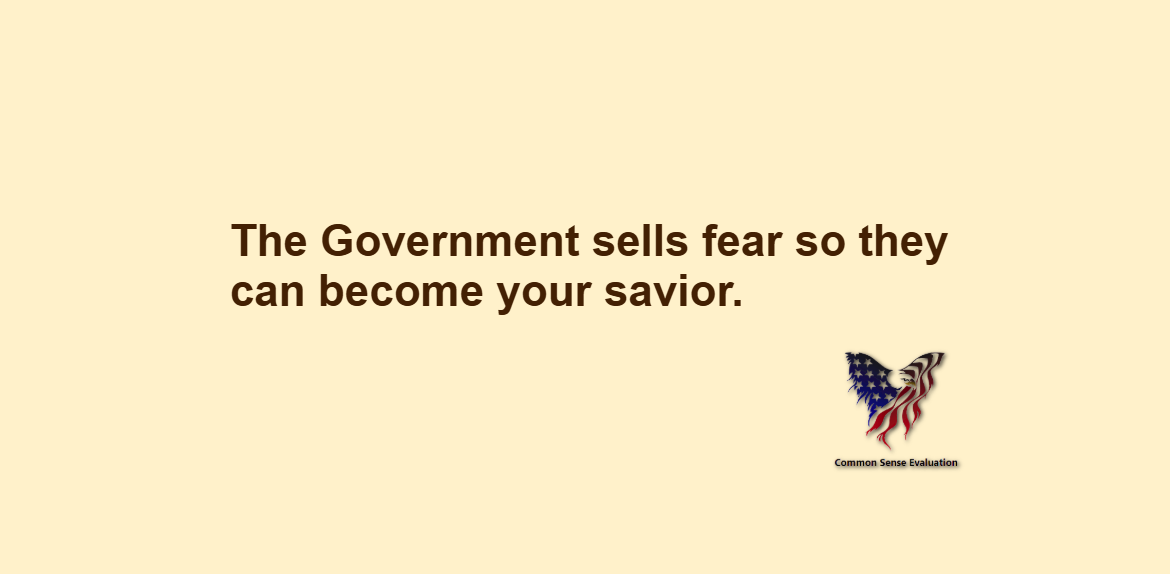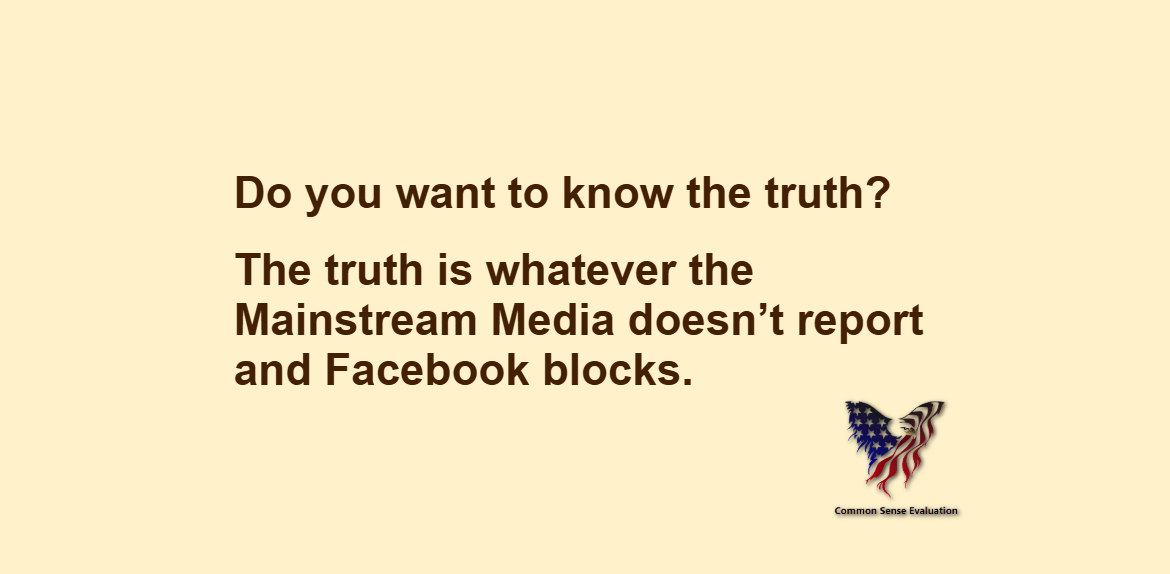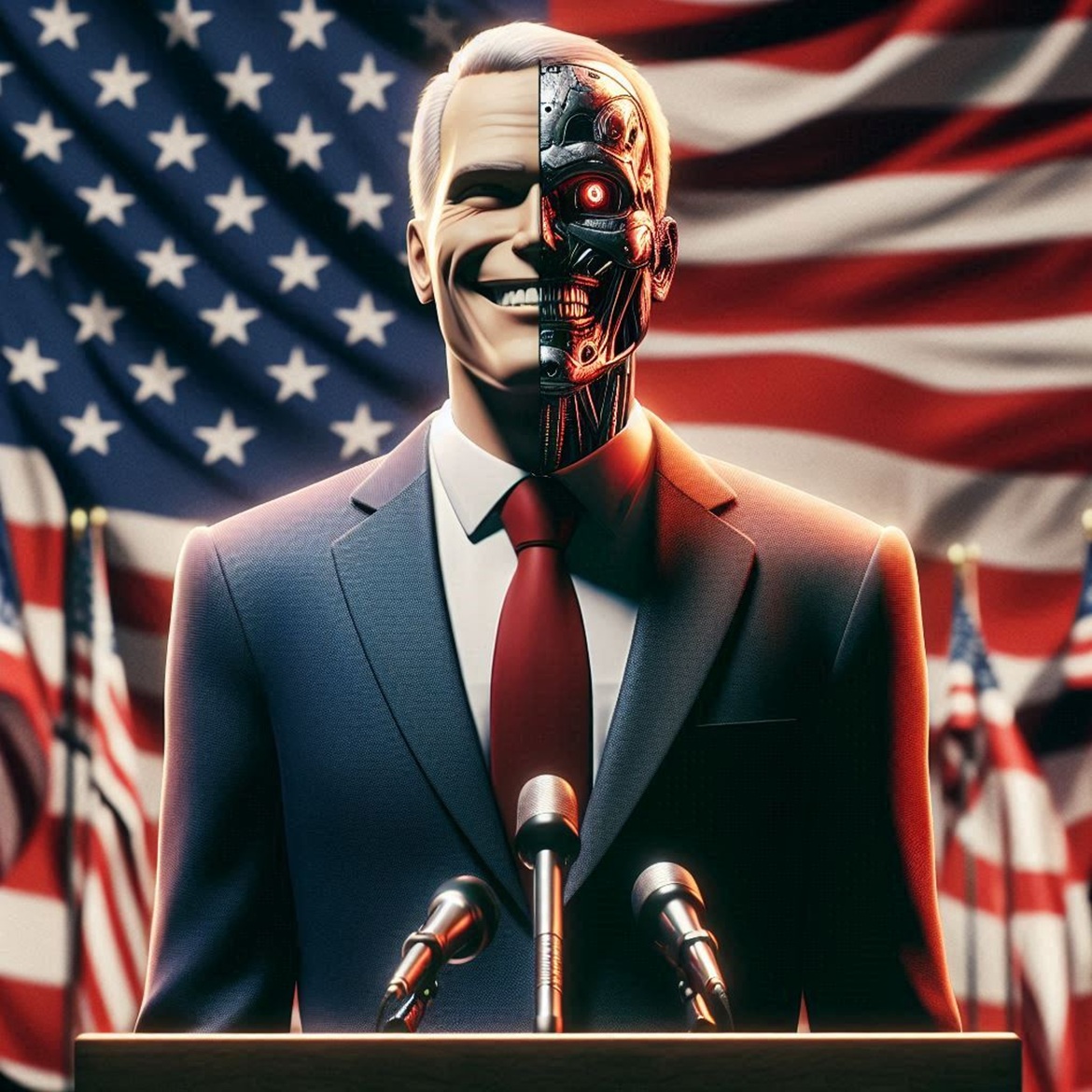Imagine a world where the rules of the game are rigged. Not by some shadowy figure in a dark room, but by something far more obvious: money. In the world of politics, money doesn’t just talk—it screams. It buys access, influence, and power. This isn’t a secret. It’s happening right in front of us, and it’s shaping the decisions that affect our lives every single day.
Let’s break it down. How does money buy influence in government? It’s not as complicated as you might think. It’s about lobbying, campaign donations, and political favors. These are the tools of the trade, and they’re used by corporations, special interest groups, and wealthy individuals to get what they want. The system is designed to reward those with deep pockets, and the rest of us are left to deal with the consequences.
The Lobbying Game: Access for Sale
Lobbying is often portrayed as a legitimate part of the political process. It’s how groups and individuals communicate their interests to lawmakers. But let’s be real: it’s also about buying access. When you have the money to hire a team of lobbyists, you get a seat at the table. You get meetings with lawmakers. You get your voice heard.
And it’s not just about having a voice. It’s about shaping the laws and regulations that govern our society. Lobbyists don’t just present their case—they often write the legislation themselves. They draft the bills, they suggest the amendments, and they push for the changes that benefit their clients. This isn’t just influence—it’s control.
Think about it: when was the last time you heard of a grassroots movement getting this kind of access? When did a group of ordinary citizens get to sit down with a senator and draft a bill? It doesn’t happen. Because in the world of lobbying, money is the key that opens the door.
Campaign Donations: The Price of Power
Then there are campaign donations. Politicians need money to run their campaigns. They need it for ads, for staff, for travel. And where does that money come from? It comes from donors. Big donors. Wealthy individuals, corporations, and special interest groups.
Now, you might think that these donations are just a way for people to support their favorite candidates. But it’s more than that. It’s an investment. When a corporation donates millions of dollars to a political campaign, they’re not doing it out of the goodness of their hearts. They’re doing it because they expect something in return.
And they get it. Politicians know who butters their bread. They know who funded their campaign, and they know who they need to keep happy if they want to stay in power. This isn’t speculation—it’s how the system works. Donors get access. They get influence. And they get results.
Political Favors: The Currency of Corruption
Finally, there are political favors. This is where the real deals are made. It’s not always out in the open, but it’s there. A corporation donates to a campaign, and in return, they get a tax break. A wealthy individual funds a politician’s reelection bid, and in return, they get a government contract. It’s a quid pro quo, and it’s happening all the time.
These favors aren’t always illegal. In fact, they’re often perfectly legal. That’s the problem. The system is set up to allow this kind of exchange. It’s built into the fabric of our political system. And it’s not just about money changing hands. It’s about power. It’s about who gets to make the decisions, and who gets left out in the cold.
The Consequences: A System That Works for the Few
So, what does all this mean for the rest of us? It means that our voices don’t matter as much as we think they do. It means that the laws and regulations that govern our lives are often shaped by those with the most money. It means that the system is rigged in favor of the wealthy and the powerful.
This isn’t just bad for democracy—it’s bad for all of us. When money buys influence, the needs of the many are sacrificed for the wants of the few. We end up with policies that benefit corporations at the expense of workers. We end up with tax breaks for the rich and cuts to social programs for the poor. We end up with a system that works for the few, not the many.
What Can We Do About It?
So, what can we do? The first step is to recognize the problem. We need to understand how money buys influence in government. We need to see the system for what it is: a pay-to-play game where the rules are written by those with the most money.
The next step is to demand change. We need to push for campaign finance reform. We need to limit the influence of lobbyists. We need to create a system where everyone has an equal voice, not just those with deep pockets.
This isn’t going to be easy. The people who benefit from the current system aren’t going to give up their power without a fight. But if we want a government that works for all of us, not just the wealthy and the powerful, we need to fight for it.
The Bottom Line
Money buys influence in government. It’s a simple fact, but it’s one that we can’t afford to ignore. The system is rigged, and it’s rigged in favor of those with the most money. But it doesn’t have to be this way. We can demand change. We can fight for a system that works for all of us, not just the few.
The question is: are we willing to do what it takes to make that happen? Are we willing to stand up and demand a government that represents us, not just the wealthy and the powerful? The choice is ours. But if we don’t act now, we may not get another chance.




